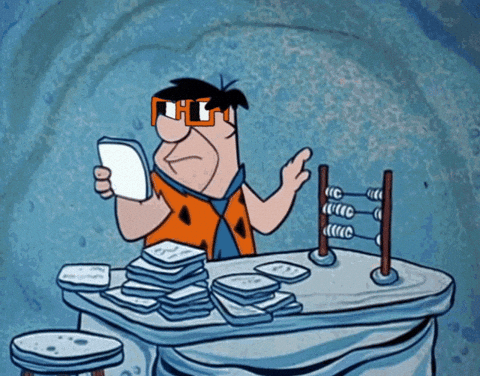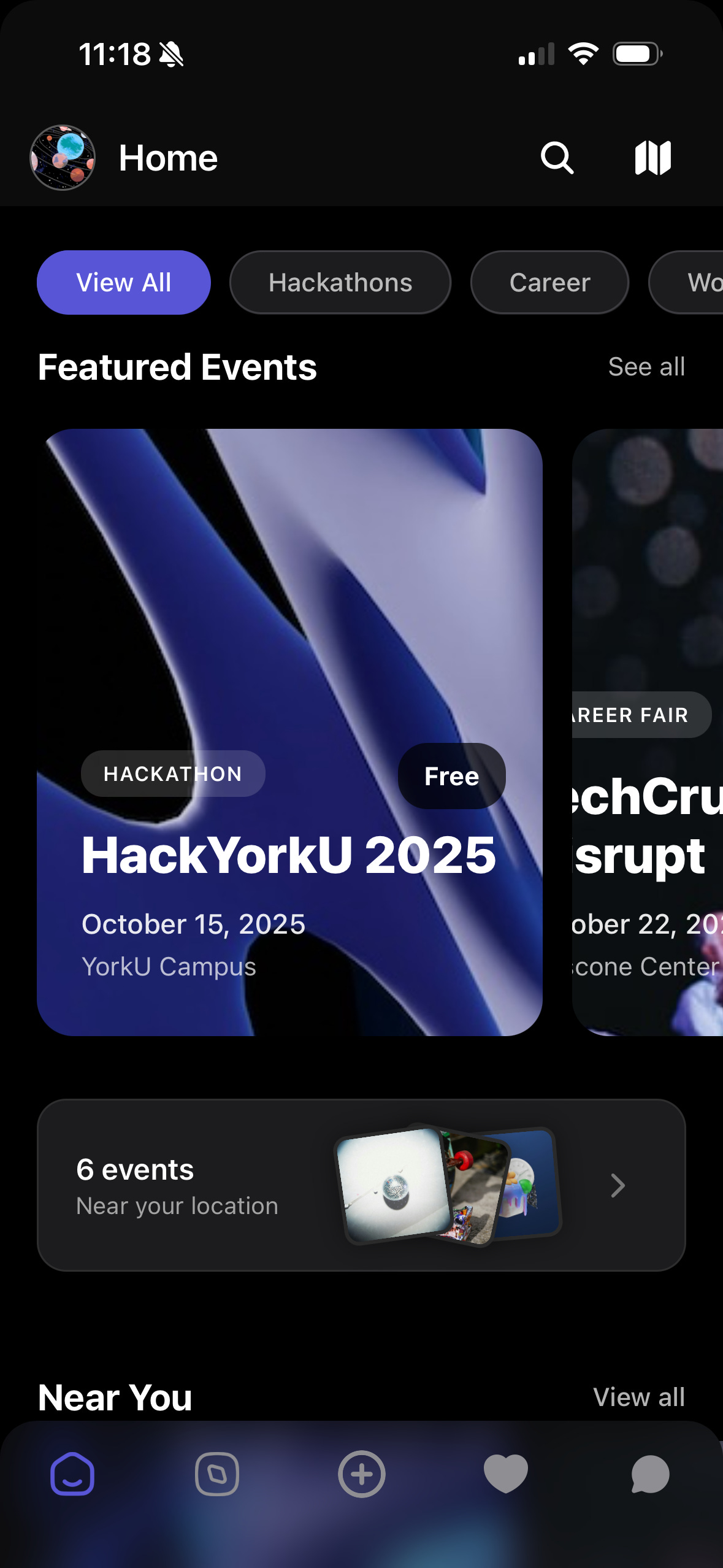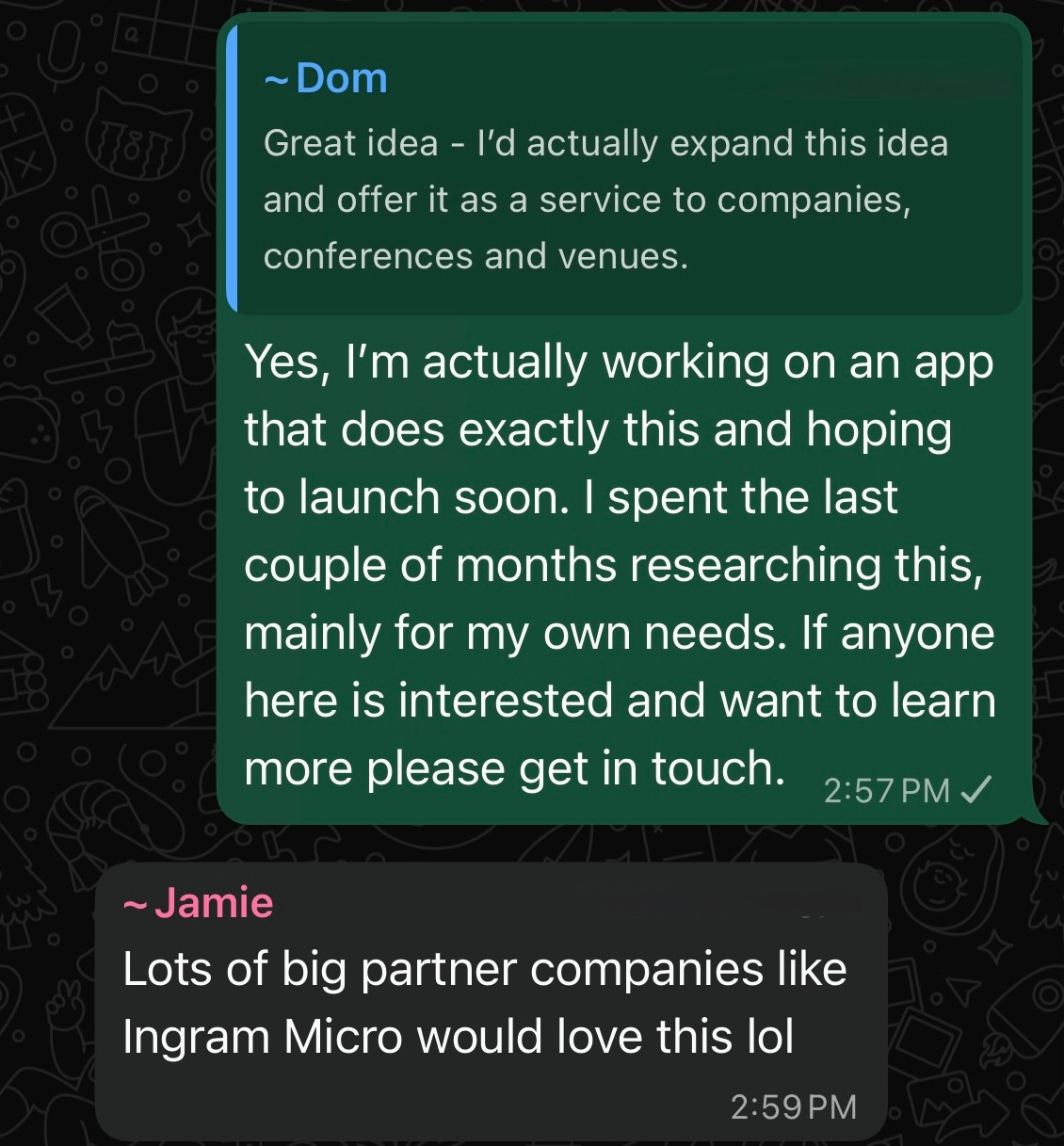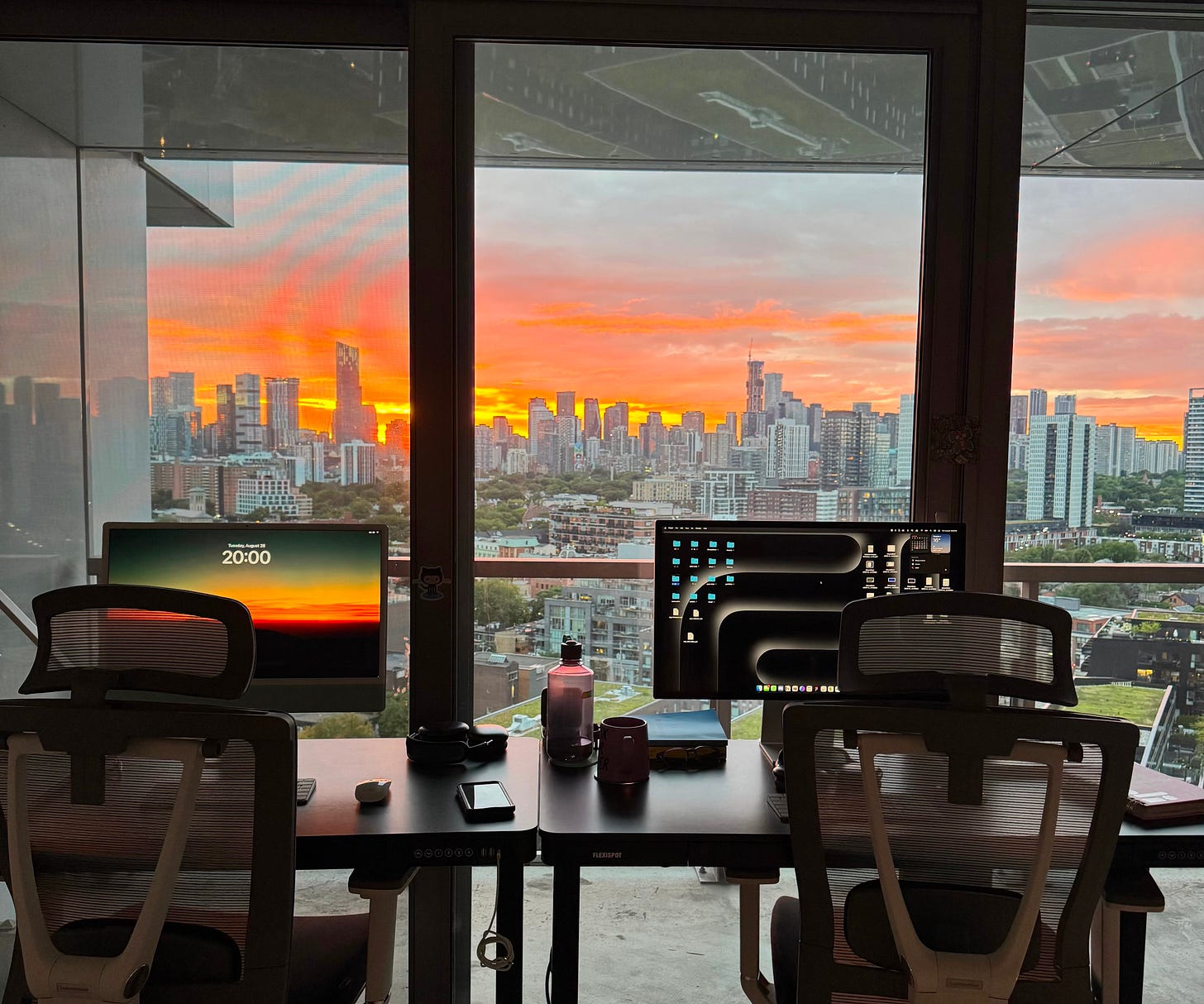If You Don't Try, You'll Never Know
We overthink, over-research, and over-plan until the idea dies in our notes app.
We overthink, over-research, and over-plan until the idea dies in our notes app.
Last week, I did the opposite. We built a networking app called Disco in 3 days, pitched it at York University with a barebones demo, and walked out with a partnership in under an hour.
If You Have an Idea, Build It
As an introvert, I find networking events overwhelming. The awkward small talk, the frantic search for the next person to speak to, the business cards that end up in the trash. All of it feels draining. Yet I understand its importance and the role it plays in opening doors to opportunities. In fact, most of my work opportunities came through people I met at events.
Last week, we showed up at York University with an idea: Disco, an app that makes networking at events actually work. I’ll discuss more about its features as we get closer to the launch date.
We built a barebones demo in just three days and had one shot to pitch it to decision-makers.
We presented the demo to the heads of engineering student clubs and the manager of the entrepreneurship program at the Lassonde School of Engineering. Their eyes lit up as they watched the app in action, and within an hour, we walked out with an agreement to pilot Disco at their upcoming events.
If You Don’t Try, You’ll Never Know
For years, I’ve struggled with self-doubt, imposter syndrome, and a persistent sense of confusion about what I truly want to pursue in life.
I get new ideas. I start a project. I find competition. Then self-doubt creeps in, and I stop.
But every time that shroud of negativity begins to take over, I remind myself: If I don’t try, I’ll never know.
A lot of great products that exist today almost didn’t. Slack started as an internal tool for a failing gaming company. They were about to shut down when they realized the chat tool was actually the product. Discord was built by a team whose previous gaming company had just crashed. They made it for themselves and almost gave up on it. Notion’s founders were down to their last $10K, and it took them two years to get 1,000 users.
There are countless stories like these: teams pivoting, products evolving, and ideas rising from the ashes. The lesson is simple — try, because you’ll never know otherwise.
Early Signs of Validation
A few months ago, I joined several WhatsApp groups where tech founders discuss AI, share ideas, and help each other out.
I shared my idea for Disco, and to my surprise, many of them were interested in signing up. That early signal gave me confidence, but more importantly, clarity. I started to see who our users really were and what features actually mattered.
I also have an incredible team of four working on this project, people who believe in it every single day and keep our Discord project server alive.
AI is making it ridiculously easy to build quick prototypes for feedback and validation. It’s helping us automate repetitive tasks and move faster than ever. There’s never been a better time to just start and figure out the details as you go.
Cultivating a Culture of Building
My partner and I have built a strong culture of collaboration and problem-solving at home.
We set up a cozy double workstation even before we purchased a couch, a TV, or a dining table.
Being in the zone and completely locked in was critical for us. It got us through college, multiple hackathon wins, our engineering jobs, and now building our product studio, Foam On Latte Inc.
Here’s what I want you to take away from this:
If you have an idea sitting in your notes app, your Notion workspace, or just rattling around in your head — build it. Build a rough version. Show it to people. Get feedback. Iterate.
You don’t need perfect timing. You don’t need to wait until you feel “ready” because the stars will never align.
You just need to start.
Because if you don’t try, you’ll never know.
P.S. Building Disco in public. If you’re curious about the progress or want to follow along , subscribe to my newsletter. I’ll keep you posted on what we learn.





